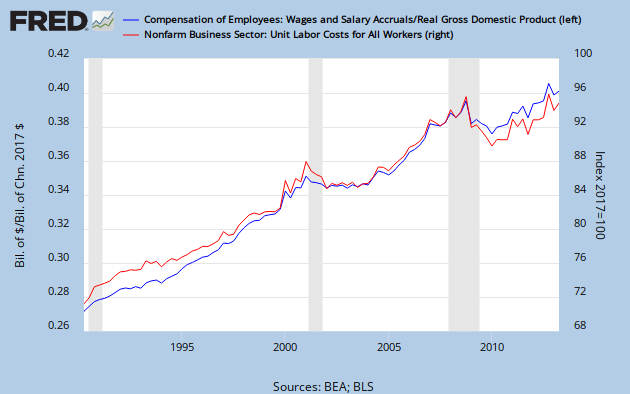Boss
Take a Memo:
- Thread starter
- #261
The inside secret is the rich are just MUCH SMARTER with money then the poor.
This is just a reality....More education is the solution.
NO. We hire people, then step back and let them do their job.
You don't hire anybody, in fact, you probably don't work for anybody either. You're a poser and a mooch. Most of you knuckleheads don't have the first clue how business, capitalism, or economies work. If it weren't for us taxpayers subsidizing your internet service, we could totally eliminate your presence here as trolls and annoyances.



